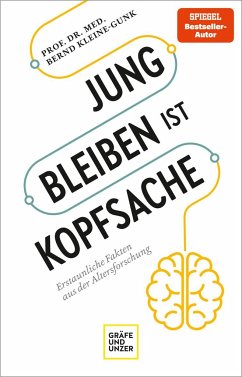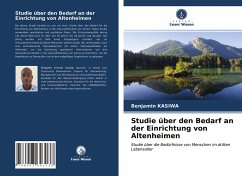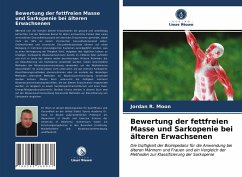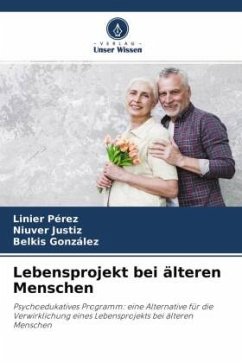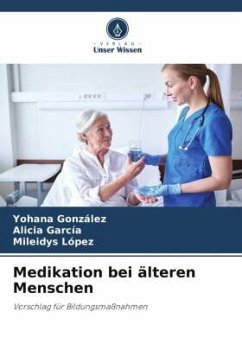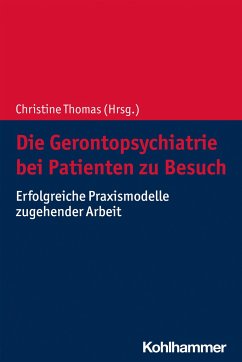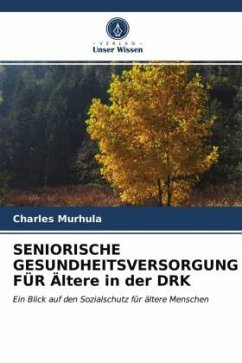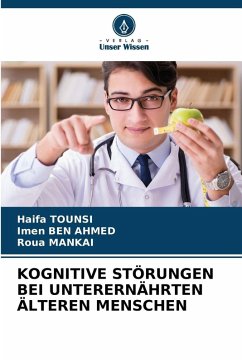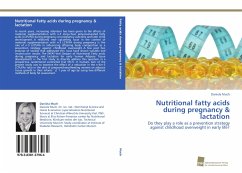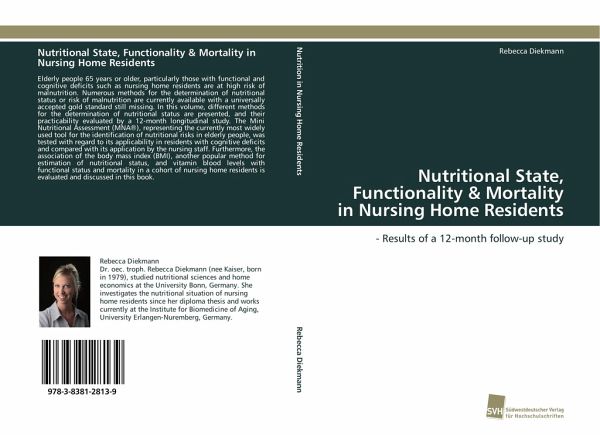
Nutritional State, Functionality & Mortality in Nursing Home Residents
- Results of a 12-month follow-up study
Versandkostenfrei!
Versandfertig in 6-10 Tagen
53,90 €
inkl. MwSt.

PAYBACK Punkte
0 °P sammeln!
Elderly people 65 years or older, particularly those with functional and cognitive deficits such as nursing home residents are at high risk of malnutrition. Numerous methods for the determination of nutritional status or risk of malnutrition are currently available with a universally accepted gold standard still missing. In this volume, different methods for the determination of nutritional status are presented, and their practicability evaluated by a 12-month longitudinal study. The Mini Nutritional Assessment (MNA®), representing the currently most widely used tool for the identification of...
Elderly people 65 years or older, particularly those with functional and cognitive deficits such as nursing home residents are at high risk of malnutrition. Numerous methods for the determination of nutritional status or risk of malnutrition are currently available with a universally accepted gold standard still missing. In this volume, different methods for the determination of nutritional status are presented, and their practicability evaluated by a 12-month longitudinal study. The Mini Nutritional Assessment (MNA®), representing the currently most widely used tool for the identification of nutritional risks in elderly people, was tested with regard to its applicability in residents with cognitive deficits and compared with its application by the nursing staff. Furthermore, the association of the body mass index (BMI), another popular method for estimation of nutritional status, and vitamin blood levels with functional status and mortality in a cohort of nursing home residents is evaluated and discussed in this book.



